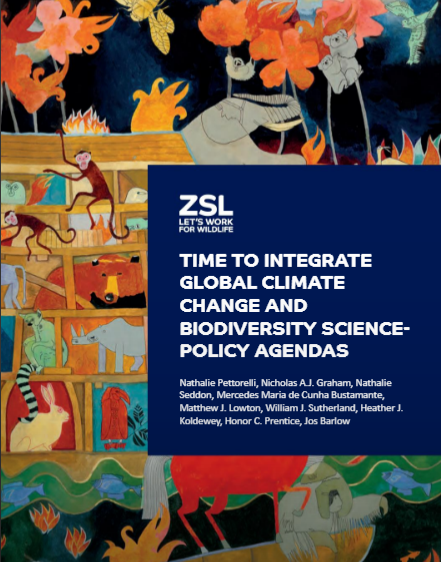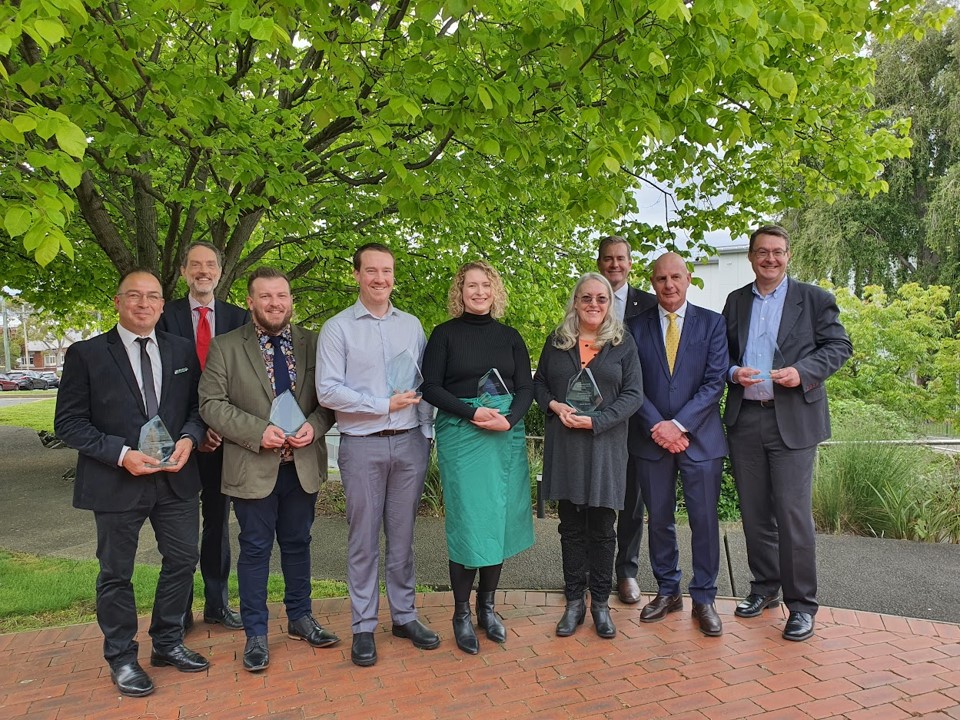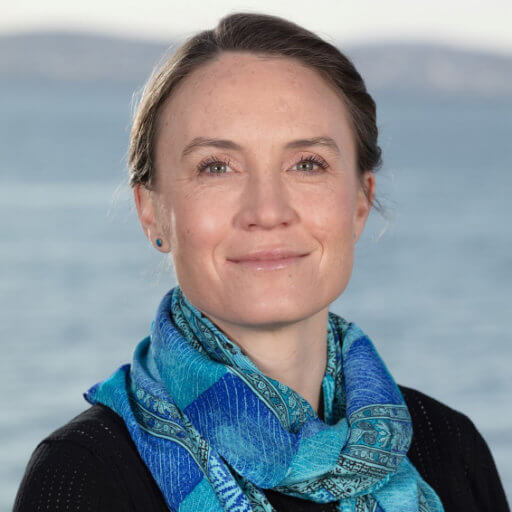2021 has been another challenging year for many of us, however, despite these ongoing difficulties we are delighted to see that CMS continues to go from strength to strength in both research and post graduate training.
Thank you to our wonderful affiliated researchers, students, stakeholders and other supporters for your efforts in making 2021 a successful year for CMS. Not only has your generosity and enthusiasm enriched our collective efforts, but the contributions and outcomes are being realized across a broad spectrum of activity, relevant at local, regional and global scales.
Download report here.
The interactive action thriller ‘Full Metal Aquatic’ was performed online on February 1st and 2nd 2022 to celebrate the launch of the Future Seas Project and to showcase the upcoming Future Seas special issue in the journal Reviews in Fish Biology and Fisheries. ‘Full Metal Aquatic’, written by David Finnigan and Jordan Prosser in collaboration with researchers from the Future Seas project and animated by Sacha Bryning, is set in the ocean a decade from now and takes place in two different futures – one we hope to see and one we want to prevent. It is designed to explore what our future could feasibly look like, depending on the actions we take now. Watch the video to find out the whole story!
Watch the recording here
What future did YOU prefer?
The online performance was followed by a game and discussion which unpacked the critical forces that are shaping the future of our oceans. Participants were divided into groups each representing a local authority responsible for managing a stretch of coastline. Each group was given the same budget and a list of twelve possible projects aimed at improving resource management, climate and ecosystem financing, research and education. Each group was then asked to spend its budget on a selection of projects based on the project’s costs and positive impacts in diverse areas related to ecosystem health, climate resilience, community development, food systems, and community connectedness. At the end of the game, each group was given a snapshot summary of what its coastline would look like in 2030 as an outcome of the group’s decisions.
Watch the game instructions here and find the game rules here. Enjoy!
Redmap (the Range Extension Database and Mapping Project), led by Prof Gretta Pecl, was included as a citizen science case study in the State of the Marine and Coastal Environment 2021 Report. Learn more here.
This section of the report, "Citizen scientists helping track unusual marine species", was written in collaboration with CMS Director Prof Gretta Pecl and CMS member Dr Barrett Wolfe.
The Centre for Marine Socioecology is a partner institution of the Global Ecosystem for Ocean Solutions Programme (GEOS).
The goal of the GEOS Programme is to support the development, testing, and deployment of equitable, durable, and scalable ocean-based solutions for addressing complex ocean health and climate challenges. The GEOS ecosystem will work through three building blocks: the (1) the GEOS Network, which brings together international partners representing a multi-sector community of researchers, engineers, innovators, investors, and decision-makers, (2) the GEOS Task Forces, which will engage the Ocean Decade’s Community of Practice and the GEOS Network to co-design solutions “roadmaps” that identify critical research and innovation needs and articulate a shared vision and agenda to advance ocean-based solutions,, and (3) the GEOS Innovation Engine, which will use the roadmaps as blueprints to catalyze action for co-creating new Decade Actions and activating the research, startup, industry and civil society innovation ecosystem to prototype and deploy those solutions for system-level impacts.

Prof Gretta Pecl has been appointed to CORDIO’s new Advisory Board.
CORDIO (Coastal Oceans Research and Development – Indian Ocean) East Africa is a non-profit research organization, registered in Kenya, with a network of projects, collaborators and partners that extends across the Indian Ocean. CORDIO specialises in generating knowledge to find solutions that benefit marine ecosystems and people. CORDIO has released a new Strategic Plan for the next 5 years to address the mission to improve the health and resilience of marine ecosystems and coastal peoples’ well-being in the Western Indian Ocean.
Congratulations to CMS’s most recent PhD graduate Dr Hannah Fogarty for her PhD on "Climate ready: identifying adaptation preparedness in Australia’s State fisheries", supervised by Prof Gretta Pecl, Dr Alistair Hobday and Dr Chris Cvitanovic.
CMS Director Prof Gretta Pecl contributed to the Forward section of this recently released report led by Prof Nathalie Pettorelli.
Find report here

Another CMS member recognised as a Tasmania’s 2021 STEM leader. Dr Cayne Layton was one the winners of the 2021 Tasmanian STEM Excellence Awards, and received the Tasmanian Young STEM Researcher of the Year award. Huge congratulation Cayne!!

Huge congratulations to Dr Kirsty Nash who has been awarded a L’Oréal-UNESCO Australia & NZ For Women In Science fellowship!!

Please read media release here
Prof Gretta Pecl and Mibu Fischer were interviewed in this 3CR Radio episode about climate change and the Indigenous perspectives piece on the future of the ocean as part of the Future Seas project.
Find episode here.